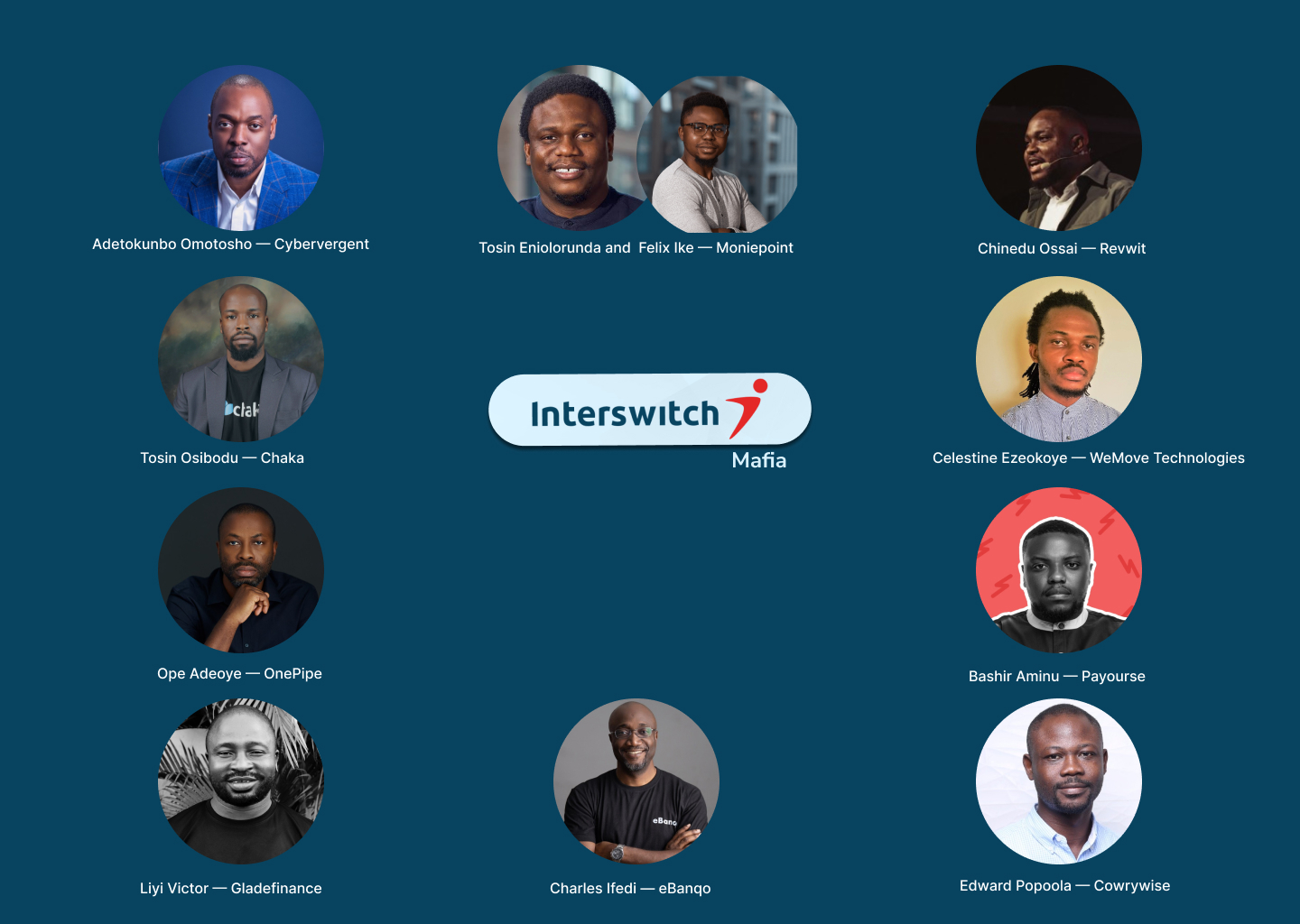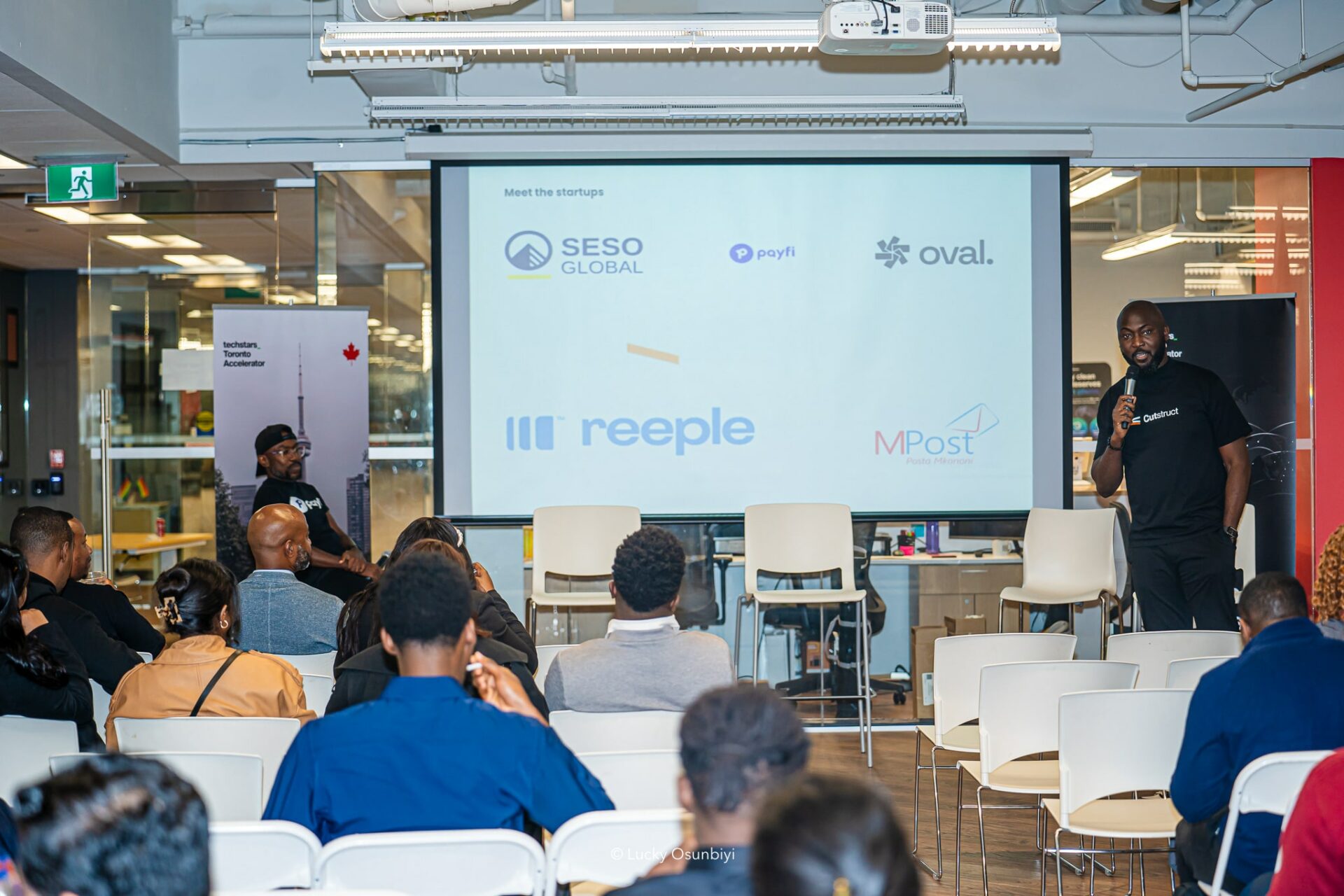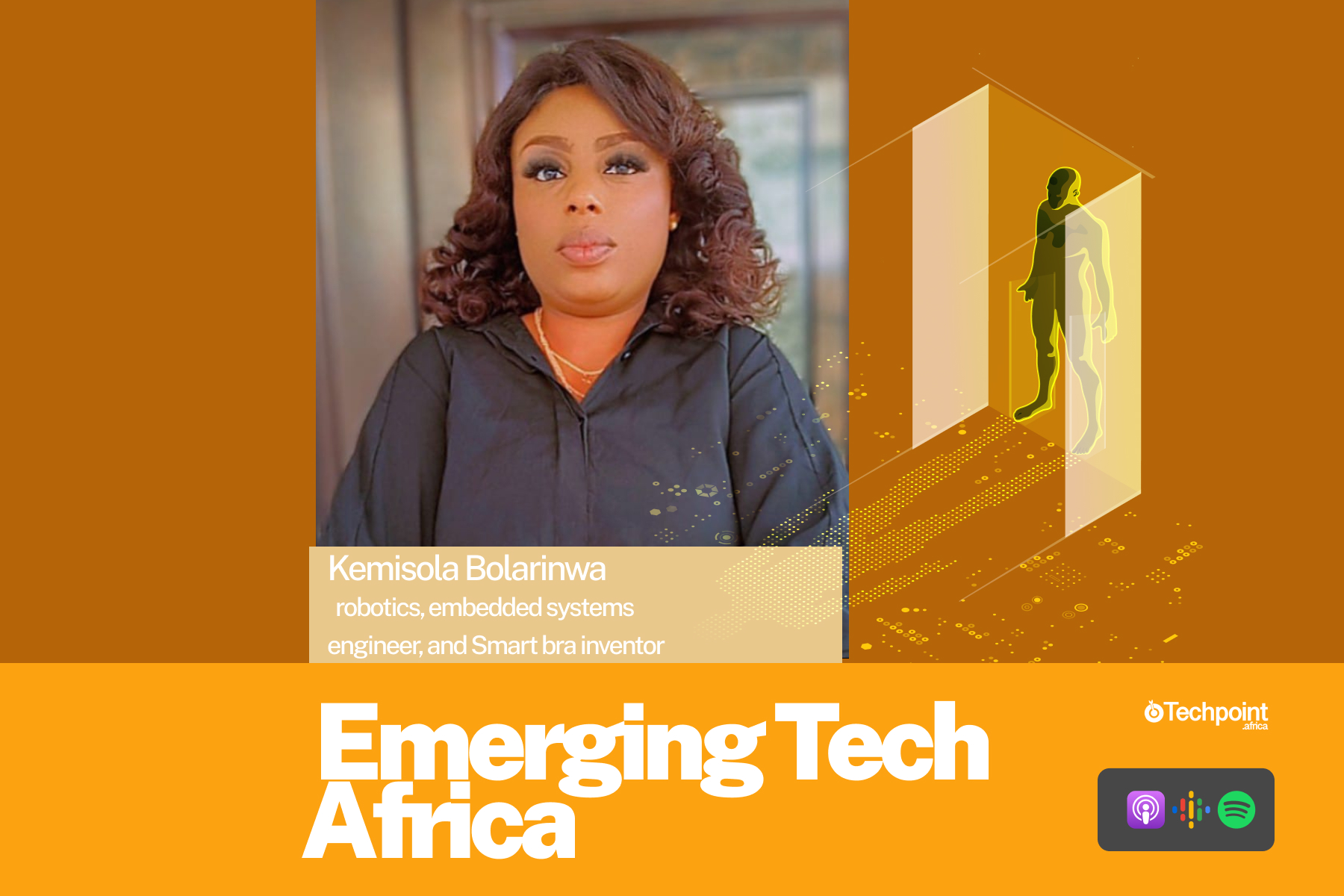Over the last couple of days, Nigerians have taken to social media to lend their voices to the Red Flag battle.
The Twitter trend started as a gender colouration over what people should look out for in the opposite gender using the red flag hashtag (#RedFlag). But since the movement began, expectedly, there have been different adaptations of the red flag usage as it simply signifies danger.
And since it applies in many contexts, it might be worth considering red flags in relationships between Nigerian startups and investors. While investors are mostly known to be the ones who lookout for red flags in startups, these days it appears that startups are approaching investors cautiously.
Suggested Read: Why would a founder agree to take $500 for 40% equity in their startup?
We sampled opinions from different founders who spoke on anonymity about red flags that could make them end discussions with potential Nigerian investors.
Startup founders, what are the red flags 🚩 you notice that make you end talks with a potential investor? Say it with your chest here or DM us and we'll protect your anonymity. https://t.co/szlravqCl8
— Techpoint Africa (@TechpointAfrica) November 1, 2019
Their common responses are categorised below.
The small-cheque-big-equity red flag
These investors are the ones that basically demand huge equity for little capital consideration into the venture.
“Some guy shows up with a $20k cheque or less and suddenly becomes God. Interestingly, some know next to nothing about doing business," a startup founder emphatically stated.

Be the smartest in the room
Give it a try, you can unsubscribe anytime. Privacy Policy.
"Let me throw in 200K for 60% stake. You know you guys are doing something no one has ever tried in Nigeria, how am I sure it is going to work?” says a respondent, quoting an investor.
"At a particular instance a potential investor wanted to take 80% from us for ₦5m and also, his company name will own the IP rights to any product we develop," explained another.
No domain/sector experience
Some founders showed disdain towards investors with no domain experience, yet have strong opinions about a startup especially when such opinions are not in the interest of the startup.
One founder noted that he is most wary of those investors who, for lack of knowledge about the business, look for holes in the model.
"Investors like that I stay away from them," he quipped.
In the same vein, a particular founder argues that an investor who has never founded or run a business shouldn't have any business investing, let alone having negative opinions about a venture.
"First of all, you are not an investor until you've actually invested. Many Nigerian investors are in that category. Plenty titles, empty portfolios. Talmabout lack of innovative ideas like there aren't people doing rounds every other month."
Generally, opinions expressed by founders here show they believe investors who push for really large chunks of an investee company must have some skin in the game themselves.
The ones with onerous terms and conditions
"I hear of investors pushing their cronies to join founding teams as requirements for investment. Please, reject that every time," a founder warns.
Although it is not unusual to have investors join or nominate persons to join the team of an investee company, founders like the one above believe it shouldn't be the sole basis for investment.
"We had that kind of offer and we kicked instantly. We would not hire many of those folks even for junior positions," another founder noted.
Others simply enforce a name change of the startup, many other founders noted.
General bad conduct
This is a common and often vicious red flag, as pointed out by many of our respondents.
"Bad behaviour also is when investors go AWOL for a long time and then suddenly show up by sending an email asking for an update."
One respondent pointed out how being late to meetings on the part of an investor is a big turn off for him. In some other cases, it could be referring the stakeholders of a company to a subordinate who knows nothing about the contractual agreement.
Greed-inspired red flag
These are red flags stemming from intentions to rip founders or other co-investors off.
"When an investor forces incoming investors out of a potential deal so as to get favourable terms, that is bad behaviour," noted a founder.
Another example given by founders is when internal investors use the desperation of startups to get very good terms for themselves.
"An investor can be more concerned about controlling the board than anything else and even go to the extent of refusing to reduce the valuation of a company even when needed because he is more concerned about his portfolio value maintaining a certain level than the startup's own survival," this founder explained.
A notable example is that of an investor not allowing CEOs to earn more when the company does well, including taking control and making such an employer feel like an employee.
On the flip side (green flags)
Having noted the red flags, founders prefer investors who are welcoming and respectful and listen with a genuine intention to help.
"Even when they find no fit, they can refer you to others and even potential customers. We got close to $1M ARR deal based on one of those," mentioned one concerned founder.
That said, the issue of red flags can't be generalised for every business or founder, as every business’ needs are different.
"For some, money is the only remaining recipe and for some money isn't the immediate need. Founders need to think long-term before making any decisions," this startup founder advised.
Disclaimer: The opinions presented in this article are clearly those of the founders. They do not represent the views of the writer of this post or of Techpoint.africa
Featured image by kalhh from Pixabay





















